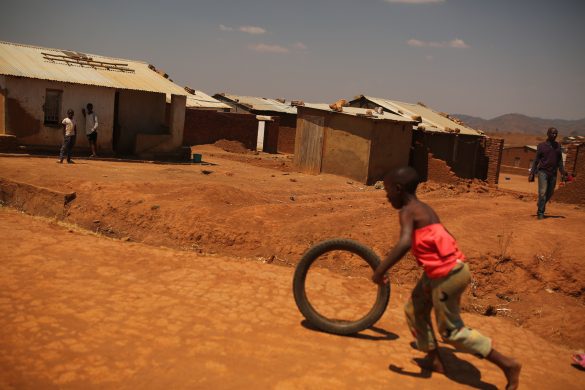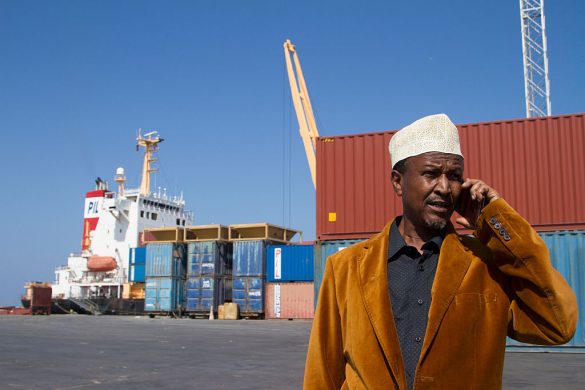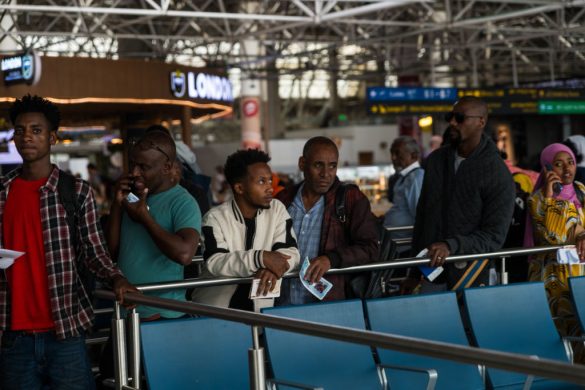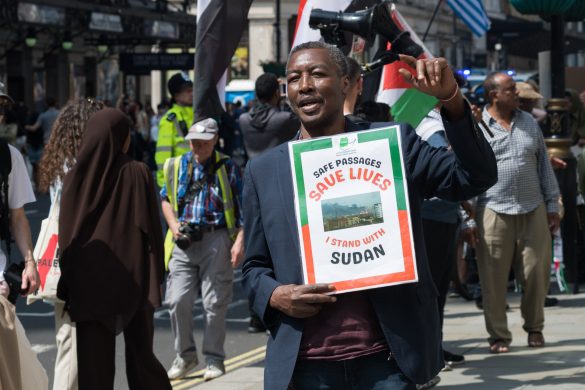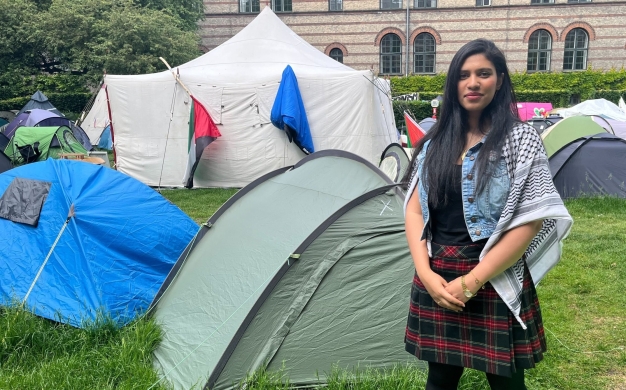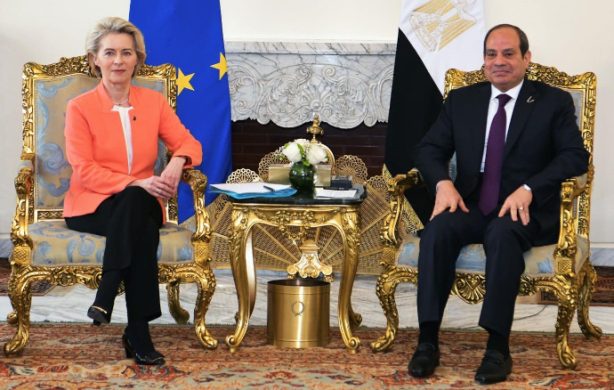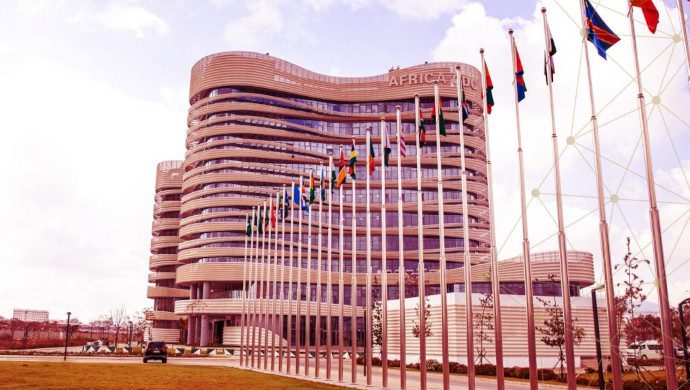Den egyptiske præsident og regeringstop blev uvidende transmitteret på direkte tv, mens de åbent diskuterede militære trusler eller destabilisering af Etiopien på grund af planer om en Nil-dæmning. Læs artikel om baggrunden for konflikten om de dyrebare Nil-dråber her. This week, Ethiopia announced it was diverting the flow of the Blue Nile to begin building the huge Grand Ethiopian Renaissance Dam, writes International Rivers Friday. Within days, water-stressed Egypt – a downstream Nile Basin nation – called for Ethiopia to halt its work on the giant new dam. This followed a live televised drama in which Egyptian politicians (unaware the cameras were running) brainstormed ways to stop the project, some of which involved hostilities. In a more tempered response, President Morsi’s office has announced that Egypt would create a national commission to address the dam and its impacts on transboundary water sharing on the Nile. Ethiopia has reportedly summoned Egypt’s ambassador in Addis Ababa to explain the hostile response. Why is the Grand Ethiopian Renaissance Dam causing such strife? In addition to Egypt’s fears that it will reduce its lifeline of Nile waters, the tensions have been fanned by the project’s “SAD” planning process: • Secretive: Although it is Africa’s biggest dam project and will have lasting impacts on its longest river, it has been developed under a veil of secrecy. • Autocratic: The dam will impact Ethiopians and downstream neighbors, yet its planning process has been top-down and unilateral. The public and dam-affected people have not been given a meaningful opportunity to critique the project or process. • Dismissive: Ethiopian government officials have flatly stated they will not make changes to the project, and have asserted that the project will not have impacts on downstream countries. The Blue Nile starts in the Ethiopian highlands and flows into the Sudans and Egypt. The dam poses a number of risks to these downstream neighbors; one reason for the growing tension is that these risks have not been properly analyzed. Egypt has virtually no other sources of water for its people, and is already making do with less water per person than the international average. By at least one estimate, the Grand Renaissance reservoir could evaporate 3bn cubic meters of water a year – three times Egypt’s annual rainfall, and enough to meet the basic needs of up to half a million people. The reservoir could take 3-5 years to fill, reducing Egypt’s water supply by up to 25%. A Kenyan journalist writes: “If Egypt loses just 25% of the water it is receiving from the Nile, it could collapse.” Climate change, that cruelly unpredictable specter, will only intensify the region’s water conflicts. Like all nations, Ethiopia has the right to exploit its natural resources for its own development aspirations. And there is widespread acknowledgment that Ethiopia deserves a fairer apportionment of Nile waters – after all, a colonial-era treaty that excluded Ethiopia and granted the lion’s share of Nile waters to Egypt is an outdated roadmap for water sharing in this century. However, damming off a shared river in a secretive and unilateral fashion is a provocative approach to resolving conflict in a water-stressed basin such as the Nile. Says Mohamed Allam, former minister of irrigation and water resources in Egypt: “This is not just about Egypt and Sudan. International rivers are governed by laws and conventions, in accordance with which any action that affects water quotas requires advanced notice and guarantees against possible harm.” Læs mere her: http://www.internationalrivers.org/blogs/229/why-has-the-nile-river-become-a-battleground Begynd ved: “The Nile situation…” Se tv-klip med engelske undertekster fra mødet:
Direkte tv: Egypten truer Etiopien i strid om Nilens vand

Hedebølge i Californien. Verdens klimakrise har enorme sundhedsmæssige konsekvenser. Alligevel samtænkes Danmarks globale klima- og sundhedsindsats i alt for ringe grad, mener tre debattører.
Foto: Kevin Carter/Getty Images





